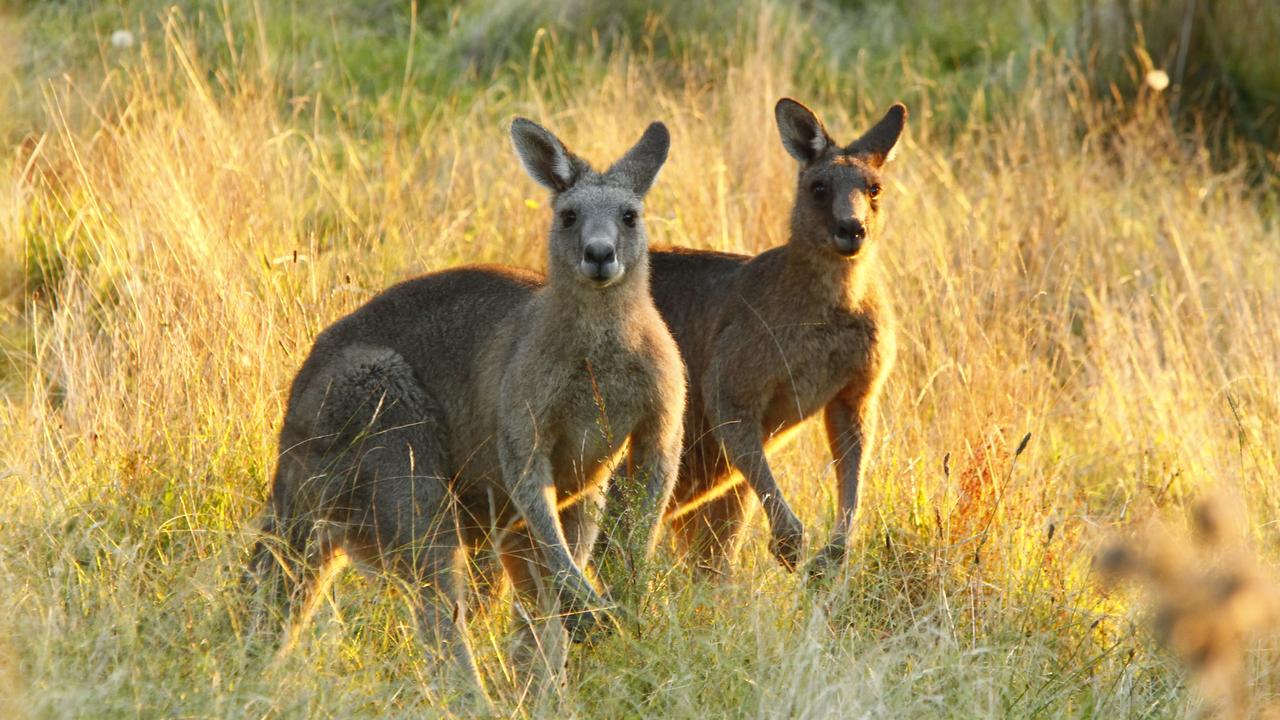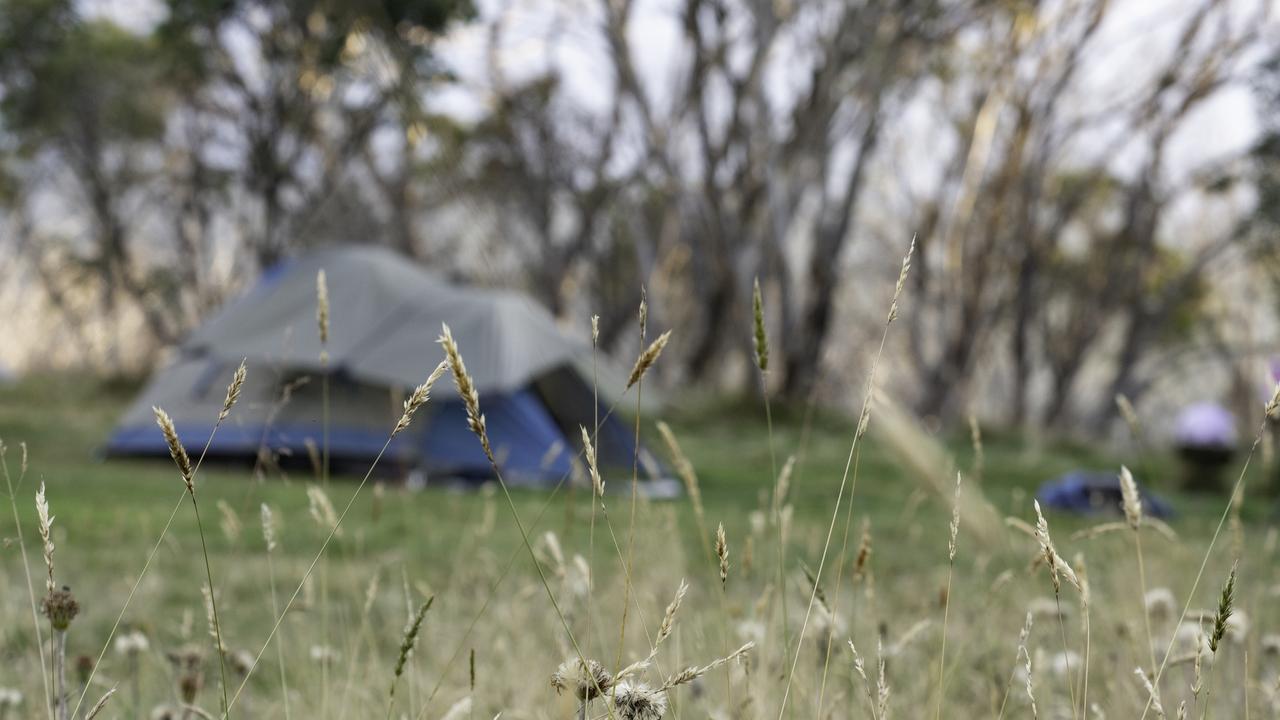Explainer: Why is Victoria facing a gas crisis?
One of Australia’s top energy executives has warned Victoria’s gas policy is in crisis. So how did we get here and how will it affect you?
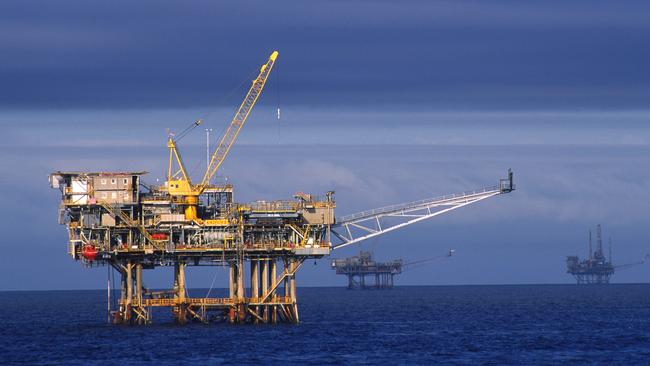
Victoria
Don't miss out on the headlines from Victoria. Followed categories will be added to My News.
Woodside Energy’s chief executive Meg O’Neill has warned Victoria is staring down the barrel of a gas and energy crisis.
So how did a state which gave birth to an energy giant such as Woodside find itself in this position?
Is Victoria running out of gas?
In short, yes. Victoria’s production of gas is reducing, with the Australian Energy Market Operator predicting supply to reduce from 297 petajoules last year to 154 petajoules in 2028. This is largely due to forecast falls in offshore production in the Gippsland Basin, which has been a major supplier of local gas.
When are we facing shortages?
The Australian Energy Market Operator predicts some minor shortfalls this year, and more significant deficits — where demand outstrips supply on extreme or “peak” days — from 2027. There is a possibility of some supply constraints this year, but only if there are issues with production at the same time as demand increases due to other energy market problems.
Why have supply issues occurred?
Declining onshore and offshore supplies have occurred at the same time as the Victorian parliament banned exploration and extraction of gas. This was in place between 2012 and 2021, and included conventional as well as unconventional – such as fracking – extraction. Investment in exploration since the ban lifted has been limited, and as Woodside Energy CEO Meg O’Neill said on Thursday, companies are putting their money elsewhere.
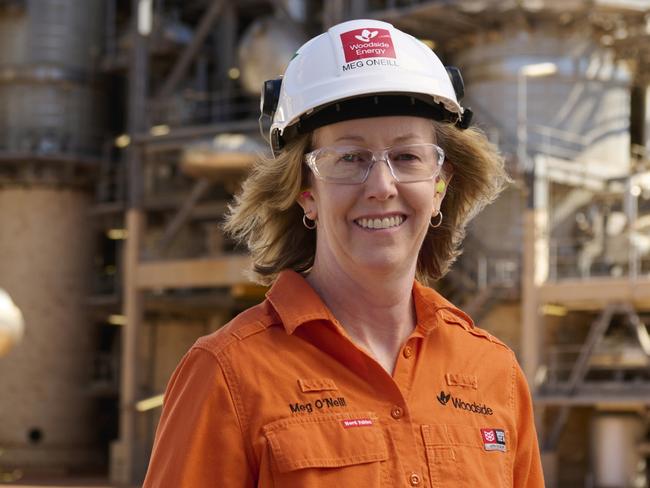
What could be the impact of shortages?
Australia has traditionally had cheap and reliable energy for manufacturing and other industries, and has had an economic edge as a result. Some sectors could face pressure if shortages persist, and there could be price impacts if demand outstrips supply. If shortages worse, there could be outages – but households and key services such as hospitals would be the last to be impacted.
What will be the impact on households?
There are concerns about price rises impacting households that use gas. In Victoria, more than two thirds of households are hooked into the network and rely on it for heating and cooking. The Allan Government is trying to shift more people away from gas, arguing they will be better off in the long run if they electrify – but this is likely to have significant upfront costs.
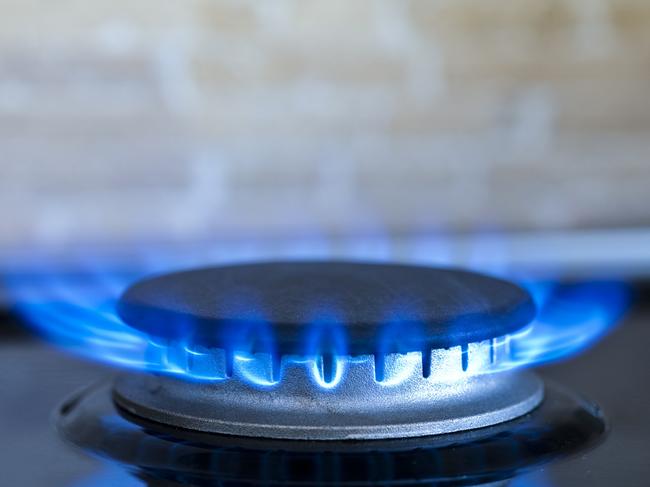
What about industries that rely on gas?
Woodside Energy chief executive Meg O’Neill kicked off a fresh debate by stressing that Australia’s prosperity has been built on cheap and reliable energy. Some manufacturers and major industries rely on gas, such as those making steel, cement, and glass products, and could face financial problems, particularly if competing against imports from overseas.
What are governments doing?
The Allan Government recently moved to assure the industry that it was open to new gas exploration and production, and approved Beach Energy’s pipe gas from fields in the Otway Basin to its facility near Port Campbell. It was the first time a licence had been approved since 2014. However, major gas companies have baulked at Victoria given its previous signals to industry, with Ms O’Neill saying Woodside would be “pretty thoughtful” before committing to investments in Victoria. The Allan Government has also banned new households from connecting to the gas network as part of a net zero plan, but it says this will also reduce demand long-term and free up supply for industry.
What other options are there?
Shipping gas from interstate or overseas is looming as the most viable short-term option to fill supply gaps. Energy expert at the Grattan Institute, Tony Wood, says this, combined with reducing demand and clarifying the role gas will play in the pursuit of net zero emissions, would be needed in the next five to 10 years. There are two proposals for gas import terminals, by energy giants Viva and Vopak, in Victoria that are undergoing environmental assessments.
Originally published as Explainer: Why is Victoria facing a gas crisis?

